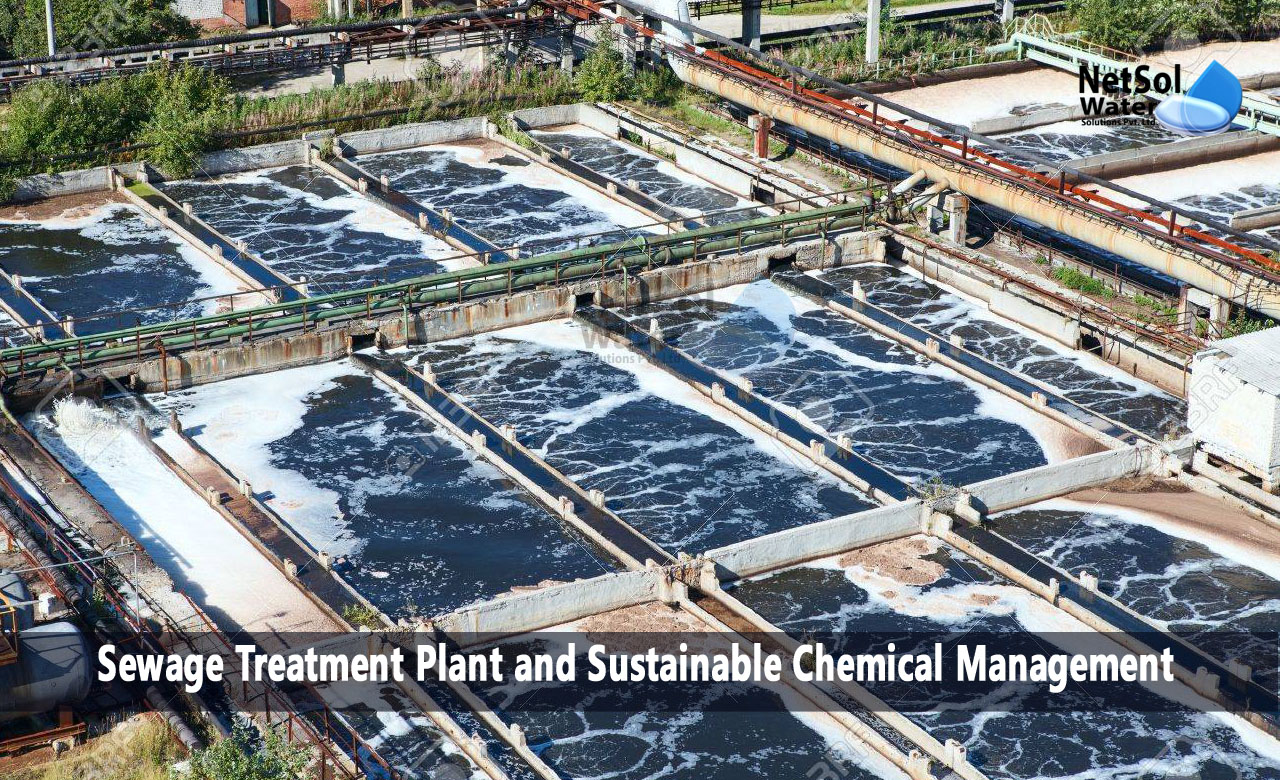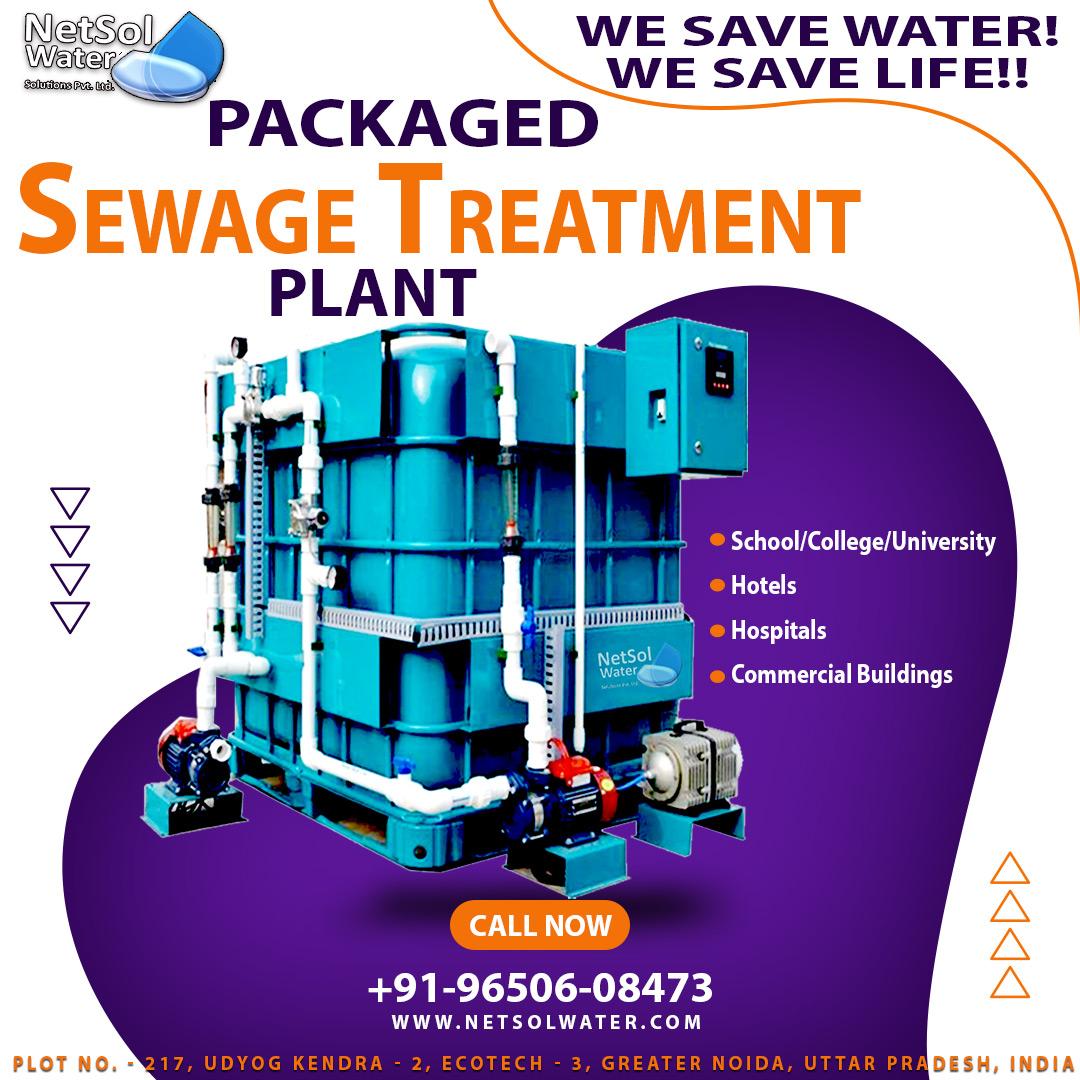Sewage Treatment Plant and Sustainable Chemical Management
Sewage treatment plants play a vital role in protecting public health and the environment by removing contaminants from wastewater. However, as our society becomes more chemical-intensive, it is crucial to address the challenges associated with the presence of various chemical compounds in wastewater.
In this blog, we will explore the importance of sustainable chemical management in sewage treatment plants and discuss strategies to minimize the release of contaminants into the environment.
Understanding Chemical Contaminants in Wastewater:
Wastewater generated from residential, commercial, and industrial sources contains a wide range of chemical compounds. These include pharmaceuticals, personal care products, pesticides, industrial chemicals, and emerging contaminants. While traditional treatment processes can effectively remove some of these compounds, certain chemicals may persist or undergo transformation into potentially harmful by-products. It is imperative to adopt sustainable chemical management practices to minimize the environmental impact of these contaminants.
Strategies for Sustainable Chemical Management:
1- Source Control and Pollution Prevention:
- Encouraging responsible chemical use and promoting green alternatives can significantly reduce the influx of harmful substances into wastewater.
- Implementing pollution prevention programs and educating industries and individuals about the proper disposal of chemicals, including hazardous materials, prevents their entry into the wastewater stream.
2- Advanced Treatment Technologies:
- Upgrading sewage treatment plants with advanced treatment technologies can enhance the removal of chemical contaminants. These technologies may include advanced oxidation processes, activated carbon adsorption, membrane filtration, and ozonation.
- Advanced treatment processes target specific contaminants that are not effectively removed through conventional treatment methods, helping to reduce their presence in the treated effluent.
3- Monitoring and Risk Assessment:
- Regular monitoring and assessment of chemical contaminants in wastewater provide valuable data on their presence and potential risks. This information helps sewage treatment plants identify emerging contaminants and make informed decisions regarding treatment strategies.
- Collaborating with research institutions, regulatory bodies, and industry experts can aid in identifying priority contaminants and establishing appropriate monitoring protocols.
4- Biosolids Management:
- Proper management of biosolids, the residual solids generated during wastewater treatment, is crucial in minimizing the release of chemical contaminants into the environment.
- Implementing stringent guidelines and regulations for the land application or disposal of biosolids ensures that any residual chemicals are effectively controlled and do not contaminate soil, water bodies, or food crops.
5- Collaboration and Knowledge Sharing:
- Collaboration among sewage treatment plants, regulatory agencies, research institutions, and other stakeholders fosters knowledge sharing and the development of best practices.
- Sharing information about effective treatment techniques, emerging contaminants, and sustainable chemical management strategies benefits the entire industry and promotes continuous improvement.
6- Public Awareness and Education:
- Raising public awareness about the importance of sustainable chemical management and the potential risks associated with improper chemical disposal is crucial.
- Educating the public on responsible medication disposal, use of eco-friendly personal care products, and proper handling of chemicals at home or in industries empowers individuals to contribute to a cleaner wastewater stream.
Conclusion:
Achieving sustainable chemical management in sewage treatment plants is essential for minimizing the release of contaminants into the environment. By implementing source control measures, adopting advanced treatment technologies, conducting regular monitoring, and promoting responsible chemical use, we can reduce the environmental impact of chemical contaminants in wastewater. Collaboration, knowledge sharing, and public awareness are key to driving continuous improvement and ensuring the long-term sustainability of our sewage treatment processes. Through these efforts, we can protect public health, safeguard ecosystems, and work towards a cleaner and more sustainable future.
Netsol Water is Greater Noida-based leading water & wastewater treatment plant manufacturer. We are industry's most demanding company based on client review and work quality. We are known as best commercial RO plant manufacturers, industrial RO plant manufacturer, sewage treatment plant manufacturer, Water Softener Plant Manufacturers and effluent treatment plant manufacturers. Apart from this 24x7 customer support is our USP. Call on +91-9650608473, or write us at enquiry@netsolwater.com for any support, inquiry or product-purchase related query.




